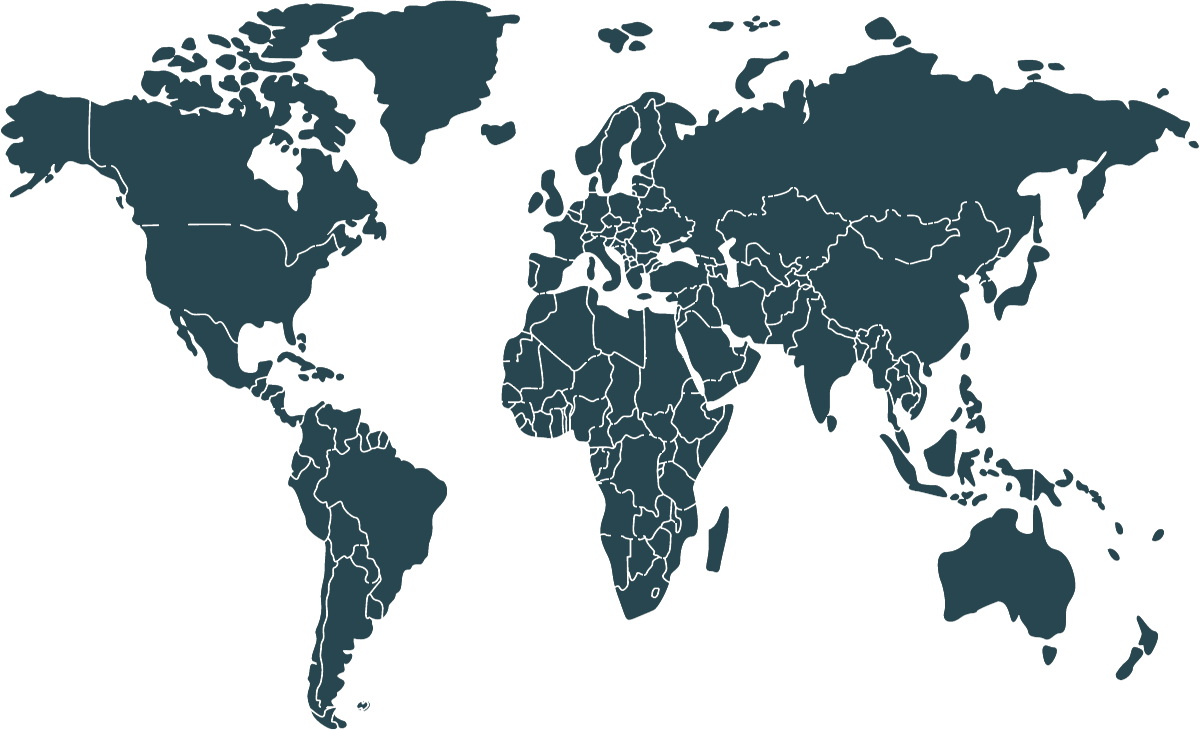The International REC Standard Foundation has recently approved three countries for I-REC(E) issuance: Chad, Mauritius, and Somalia. The approval of these countries came after a country report for each country was submitted detailing their current and future levels of electrification, possible existing certification schemes, as well as the focus on renewable energy policy among the national authorities. The reports will be made available on each country’s I-REC website country page.
In Chad and Somalia, Energy Peace Partners (EPP) is the Issuer. EPP is proposing to issue Peace Renewable Energy Credits (P-RECs), among other I-REC(E), which are designed to stimulate renewable energy market development in fragile and energy-poor regions of these countries. The I-REC Standard Foundation recognizes P-RECs as I-REC(E)s with a ‘peace’ label that indicates high-impact social co-benefits.
The I-REC(E) Issuer in Mauritius is Green Certificate Company (GCC). GCC certifies renewable energy generation around the world. The I-REC Standard Foundation often approves GCC as the default Issuer of I-REC(E) in the case no other suitable local Issuer can be identified. GCC will be released from their position as the default Issuer if a suitable local alternative is identified.
Mauritius
Mauritius is an island nation in the Indian Ocean. Mauritius is well-endowed with renewable energy resources which it will need to harness to guarantee energy security over the coming decades, reduce its dependency on fossil fuel imports, and ensure climate resilience in the energy sector. Increasing concerns over freshwater availability also means that Mauritius is looking to increase its desalination capacity in the future, putting pressure on the island’s electricity demand. Given the vast renewable resources yet to be exploited, Mauritius will look to meet surges in demand through clean energy production. GCC will act as the I-REC(E) Issuer in Mauritius. The country page for Mauritius can be seen here.
Chad and Somalia
Energy access in Chad is extremely limited, reaching only 8% of the population with 13% access in urban areas and 1% in rural areas. However, according to the International Forum on Renewable Energy, Chad has significant potential in renewable energies. Chad is undertaking several initiatives to combat climate change, including planting thousands of trees each year and implementing the national program to develop green belts around Chadian cities. Additionally, Chad intends to reaffirm its determination to contribute to the global effort to reduce GHG emissions and reinforce its resilience to climate change, implementing coherent programs which will enable it to become an emerging country by 2030, whilst favoring low-carbon development, as far as possible with the means available.
Somalia has some of the highest electricity prices in the world. And as such, many households must limit themselves to a certain level of consumption, a situation that has created a large, suppressed demand in Somalia. The three ‘semi-autonomous’ regions of Somalia (Somaliland, Puntland, and South-central Somalia) each have their own separate electricity network, mostly run by the private sector and based on thermal generation from diesel generators.
To assist renewable energy developers, implement and extend (new or existing) projects, EPP proposes issuing P-RECs to monetize renewable energy generated in Chad and Somalia. This would stimulate the renewable energy market development and options in the country, particularly in regions with limited infrastructure, while extending the benefits of the renewable energy revolution to vulnerable communities. The country page for Somalia can be found here. For the country page of Chad, go here.
